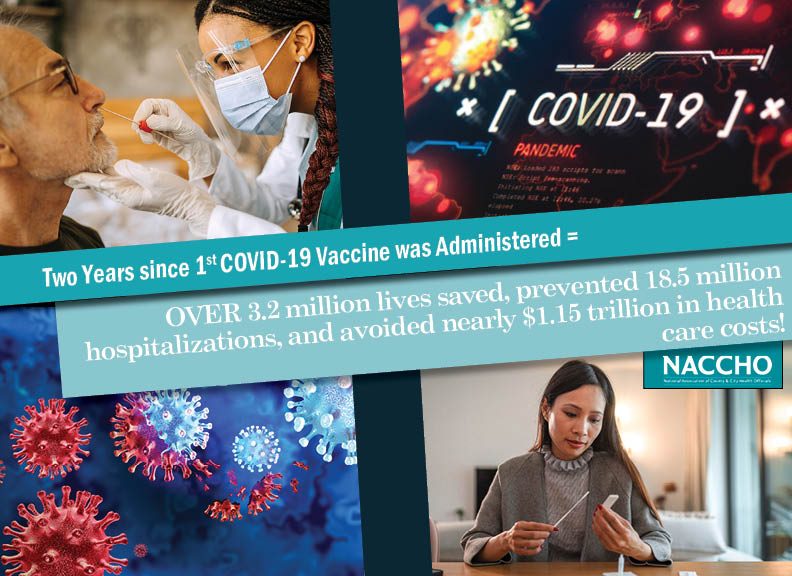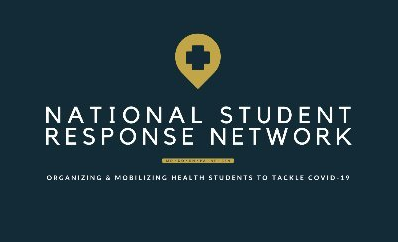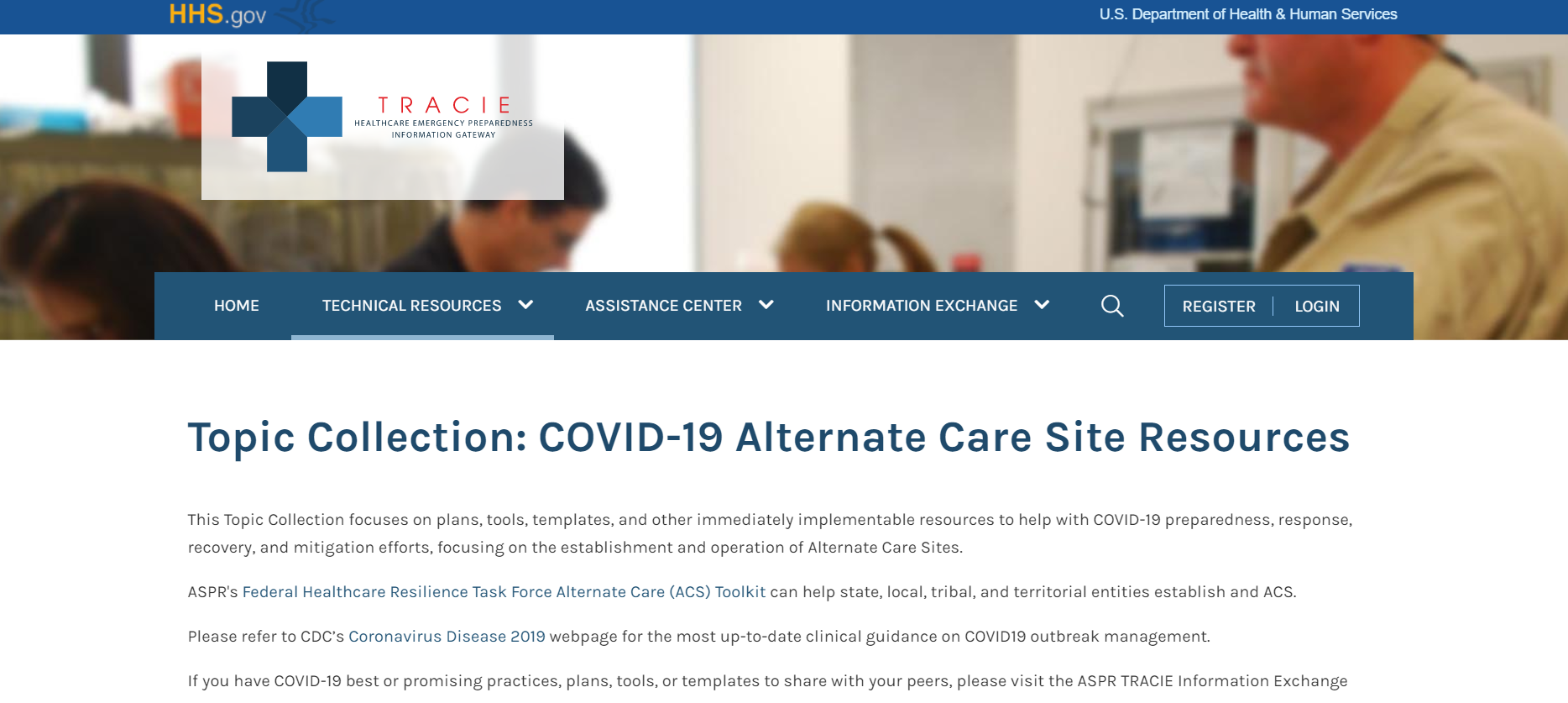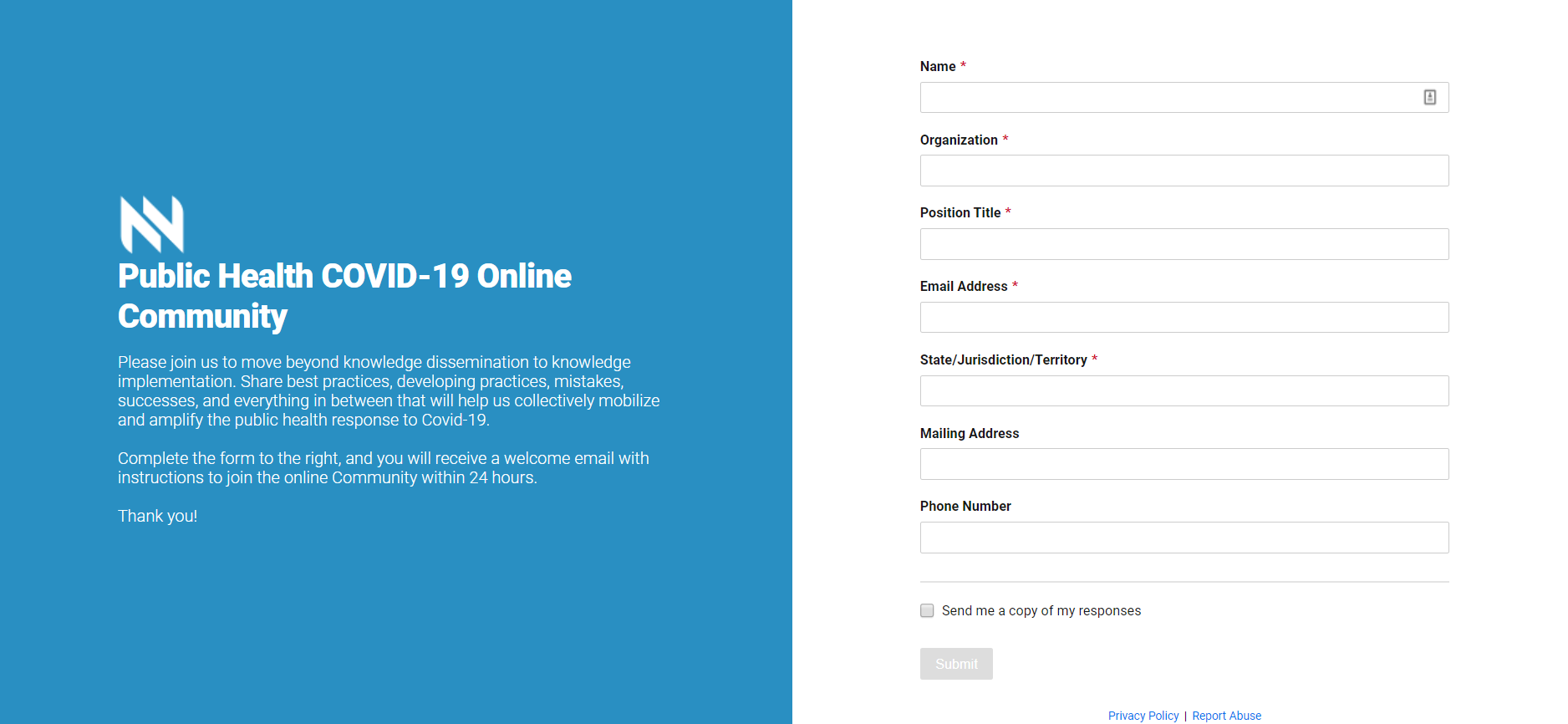Popular Categories
Engage with the Medical Reserve Corps at the 2017 Preparedness Summit
By Brennan J. Leddy, M.A.Ed, Communications Specialist, Medical Reserve Corps (MRC) Program, Assistant Secretary for Preparedness and...
Apr 17, 2017 | Guest Author
Prepare Locally: Leveraging the Medical Reserve Corps as a Local Response Resource
By Katherine Deffer, NACCHO Senior Program Analyst In commemoration of National Preparedness Month, the Centers for Disease Control...
Sep 16, 2016 | Anastasia Sonneman
Accessible, Multi-Language Behavioral Health Videos for Use at Response Sites
NACCHO, in collaboration with the Northeast Texas Public Health District and the City of El Paso Department of Public Health,...
Aug 02, 2016 | Raymond Puerini
2016 Preparedness Summit Closing Plenary Announced
Planning for the Marathon, Not the Sprint: Building Disaster Mental Health Recovery into Preparedness Planning The impacts of a...
Feb 10, 2016 | Mary Hodges
Water Contamination in Flint, MI, and Lead Poisoning Resources
Lead poisoning has been in the headlines lately, given the environmental health crisis going on in Flint, MI. The city’s water...
Jan 21, 2016 | Katie Regan
MRC Units Use Psychological First Aid to Address Mental Health in Disasters
By Nora Marino, Health Policy Scholar at NACCHO and current Master in Public Health candidate at the University of Minnesota School of...
Nov 17, 2015 | Mary Hodges
HHS Launches Redesigned Online Radiation Treatment Resource
The U.S. Department of Health and Human Services (HHS) has announced the first major redesign of the Radiation Emergency Medical...
Oct 08, 2015 | Katie Regan
Incorporating At-Risk Populations into Medical Countermeasure Planning
Defining “At-Risk” Populations When asked to define which population groups are included under the “at-risk population”...
Sep 15, 2015 | Raymond Puerini
Planning for Healthy, Resilient, and Sustainable Communities After Disasters
By Megan Reeve, Program Officer; Autumn Downey, Program Officer; and Jack Herrmann, Senior Program Officer for the National Academy of...
Aug 21, 2015 | Mary Hodges
Engage with the Medical Reserve Corps at the 2017 Preparedness SummitBy Brennan J. Leddy, M.A.Ed, Communications Specialist, Medical Reserve Corps (MRC) Program, Assistant Secretary for Preparedness and Response (ASPR) The Medical Reserve Corps (MRC) is a national network of volunteers, organized locally to improve the health and safety of their communities. Celebrating its 15th anniversary this year, the MRC program was created to engage volunteers to strengthen... Apr 17, 2017 | Guest Author |
Prepare Locally: Leveraging the Medical Reserve Corps as a Local Response ResourceBy Katherine Deffer, NACCHO Senior Program Analyst In commemoration of National Preparedness Month, the Centers for Disease Control and Prevention (CDC) is highlighting five themes for each week of September, emphasizing the various aspects of effective preparedness. Each week, the NACCHO Preparedness team is authoring a blog to promote the theme and provide local health […] Sep 16, 2016 | Anastasia Sonneman |
Accessible, Multi-Language Behavioral Health Videos for Use at Response SitesNACCHO, in collaboration with the Northeast Texas Public Health District and the City of El Paso Department of Public Health, developed a series of behavioral health videos, available in both Spanish and English. These videos aim to provide first responders, children, and the general public with strategies on stress management and coping mechanisms in the aftermath of a disaster […] Aug 02, 2016 | Raymond Puerini |
2016 Preparedness Summit Closing Plenary AnnouncedPlanning for the Marathon, Not the Sprint: Building Disaster Mental Health Recovery into Preparedness Planning The impacts of a disaster are complex, long-lasting, and require public health responses on multiple levels. Residents often battle symptoms of depression or post-traumatic stress disorder, which can reverberate into other parts of the community. These effects can continue long […] Feb 10, 2016 | Mary Hodges |
Water Contamination in Flint, MI, and Lead Poisoning ResourcesLead poisoning has been in the headlines lately, given the environmental health crisis going on in Flint, MI. The city’s water supply is contaminated with lead, and reportedly has been since 2014 when the drinking water source was temporarily switched from Lake Huron to the Flint River. The switch was a cost-saving measure until a […] Jan 21, 2016 | Katie Regan |
MRC Units Use Psychological First Aid to Address Mental Health in DisastersBy Nora Marino, Health Policy Scholar at NACCHO and current Master in Public Health candidate at the University of Minnesota School of Public Health The importance of incorporating the mental health needs of a community and individuals into emergency and disaster response is gaining attention. During and after a disaster, many people are not only […] Nov 17, 2015 | Mary Hodges |
HHS Launches Redesigned Online Radiation Treatment ResourceThe U.S. Department of Health and Human Services (HHS) has announced the first major redesign of the Radiation Emergency Medical Management (REMM) website since its launch in 2007. The new site now includes behavioral health resources and material for additional stakeholders, including first responders, senior health care leaders, veterinarians, and public information officers. Additionally, the... Oct 08, 2015 | Katie Regan |
Incorporating At-Risk Populations into Medical Countermeasure PlanningDefining “At-Risk” Populations When asked to define which population groups are included under the “at-risk population” umbrella in a jurisdiction, the answers could vary greatly from person to person. There are a wide variety of public health preparedness planning considerations that need to be met to ensure specific at-risk groups get access to emergency information and […] Sep 15, 2015 | Raymond Puerini |
Planning for Healthy, Resilient, and Sustainable Communities After DisastersBy Megan Reeve, Program Officer; Autumn Downey, Program Officer; and Jack Herrmann, Senior Program Officer for the National Academy of Sciences, Institute of Medicine, Board on Health Sciences Policy Disasters often impact fundamental elements of a community—physical infrastructure, health, and social services, social connectedness—that all affect the health of its residents. Accordingly, the... Aug 21, 2015 | Mary Hodges |
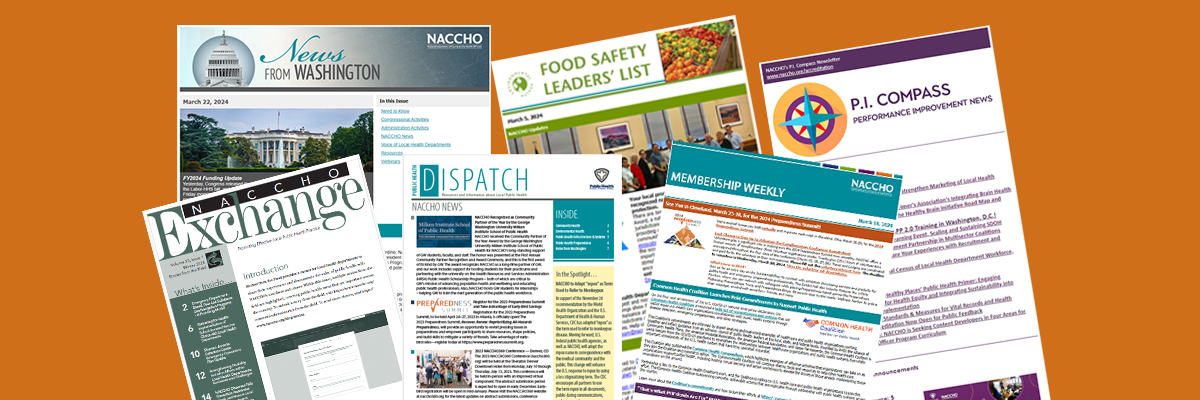
Subscribe Today
Sign Up for the E-mail Digests
Create an account or login to MyNACCHO and go to "My Subscriptions."
SUBSCRIBE NOW